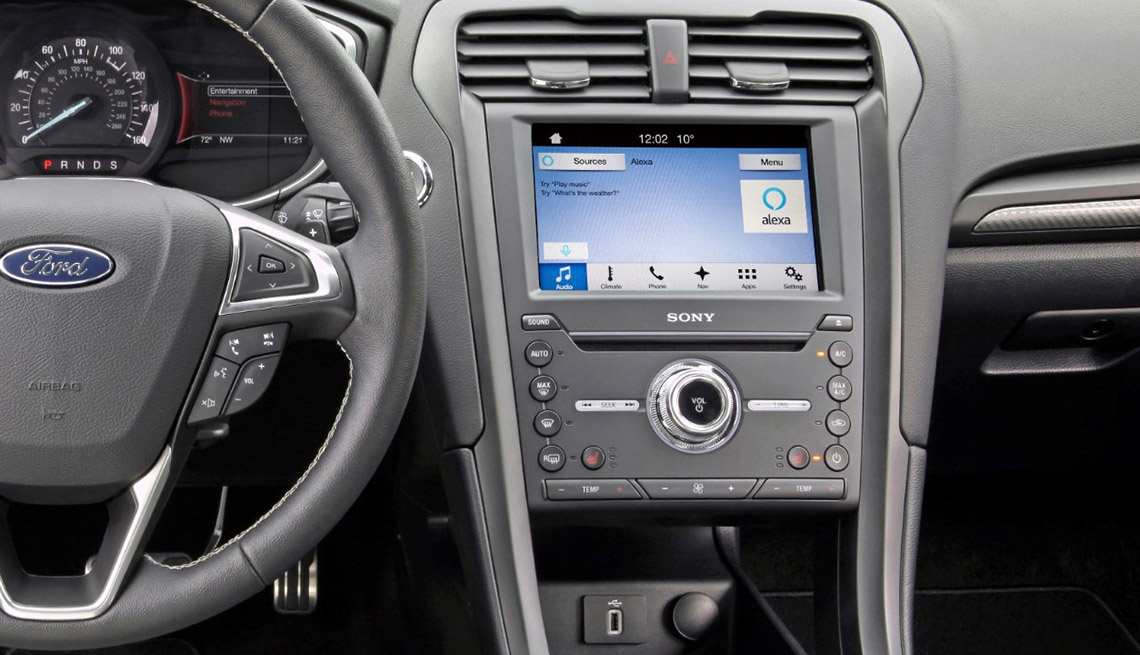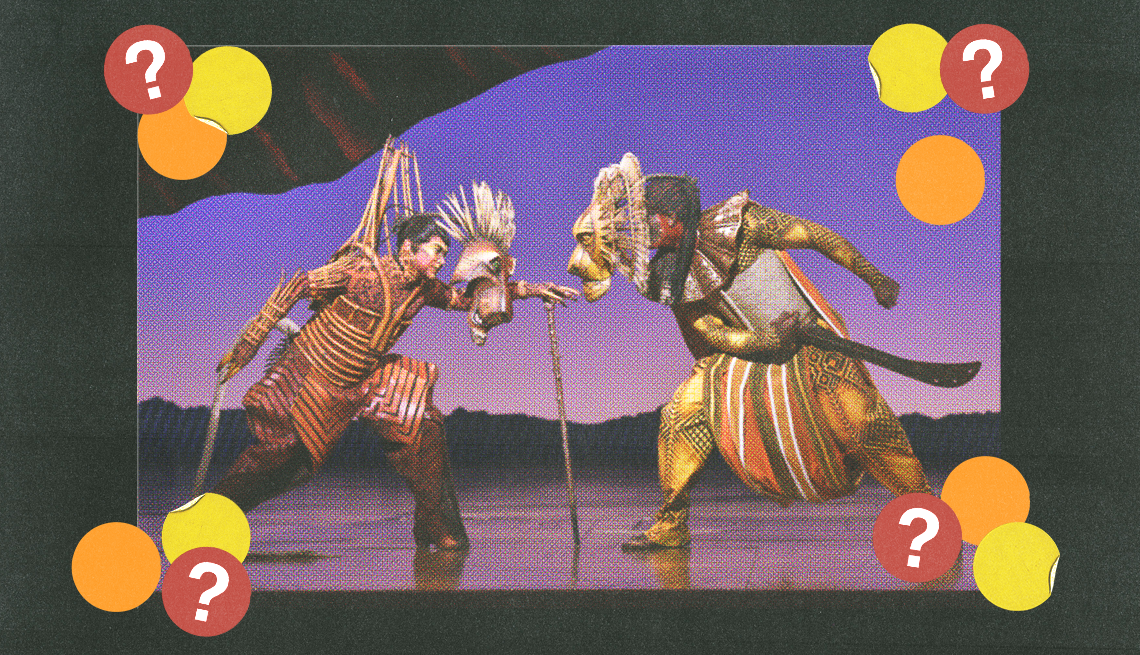
- Select a language for the TTS:
- UK English Female
- UK English Male
- US English Female
- US English Male
- Australian Female
- Australian Male
- Language selected: (auto detect) - EN
Play all audios:
It’s a good time for Europe’s enemies to get away with skulduggery where nobody is looking — impounding Ukrainian ships in the Sea of Azov, say. Why? Because all four of the EU’s largest
countries are preoccupied with domestic crises: Britain with Brexit, France with its riots, Italy with its budget. And Germany? There the Merkel era is finally drawing to an end. Tomorrow
more than a thousand delegates gather in Hamburg for the annual conference of the Christian Democratic Union (CDU) to choose their new leader. The three candidates represent three distinct
strands of German politics, but none of them has anything like Angela Merkel’s international experience, let alone her stature. Mrs Merkel intends to continue as Chancellor, working
alongside the new party leader. But the consensus in Germany is that what is bound to be an uneasy partnership may not last until the next election, due in 2021. It is entirely possible,
even likely, that she will step down, whether voluntarily or not, well before the end of her fourth term of office. A key question that the CDU delegates have to answer is: do they still
want to be Germany’s conservative party— or something else? They now have not one but two rivals for that role: the long-established Free Democrats, who are economic conservatives but social
liberals; and the right-wing Alternative for Germany (AfD), a loose coalition of the disaffected who agree on only one thing: hostility to immigrants, especially Muslims. Annegret
Kramp-Karrenbauer, rather incongruously nicknamed AKK because her name is such a mouthful, is seen as the continuity candidate. She’s 56, had only ever run the tiny state of Saarland before
Mrs Merkel made her party general secretary last February, and has yet to shake off her image as “mini-Merkel”. Nevertheless, she leads the opinion polls and represents the liberal wing of a
party that is sometimes barely distinguishable from its coalition partners, the Social Democrats. Friedrich Merz, by contrast, is an unashamed conservative who makes no secret of his
loathing of Mrs Merkel. Ousted as parliamentary leader of the CDU soon after she came to power in 2002, Merz left politics in 2009 to pursue a successful career in business. If he is elected
as party leader tomorrow, the expectation is that Mrs Merkel won’t wait for Merz to take revenge, but will jump before she is pushed. Whatever happens with the chancellorship, Merz would
take the CDU to the Right in the hope of destroying the upstart populists of the AfD. He has the backing of Wolfgang Schäuble, the grand old man of CDU politics now that Helmut Kohl is dead.
Schäuble carries weight with the delegates, especially in a secret ballot, and Merz is probably the favourite. Last but not least is Jens Spahn, the health minister and young pretender to
Mrs Merkel’s throne. He, like his older rival, is a conservative but from a younger generation: Merz is 63, Spahn 38. The most obvious difference is that Spahn was one of the first German
politicians to take advantage of Mrs Merkel’s change of heart on same-sex marriage: within a month of its legalisation last year, Spahn married his partner. Like another openly gay
politician, Pim Fortuyn, who briefly dominated Dutch politics before his assassination in 2002, Spahn is a practising Catholic and a critic of radical Islam, not least on account of its
hostility to homosexuality. Spahn is thus well-placed to take on the AfD, and would bring fresh ideas into the stuffy hierarchy of the Christian Democratic establishment. Though unlikely to
win, Spahn is a political force to be reckoned with, probably for decades to come. Whether the CDU plumps for AKK’s female-friendly continuity, Merz’s businesslike conservatism or Spahn’s
youthful dynamism, the winner of tomorrow’s ballot will probably find him or herself confronting the likes of Vladimir Putin and Xi Jinping in fairly short order. Germans may feel like
remaining in their European comfort zone, but with the West under threat from many quarters, that is no longer an option. Many still confuse Immanuel Kant’s dream of perpetual peace with
reality. Let us hope Angela Merkel’s successor is not one of them.








